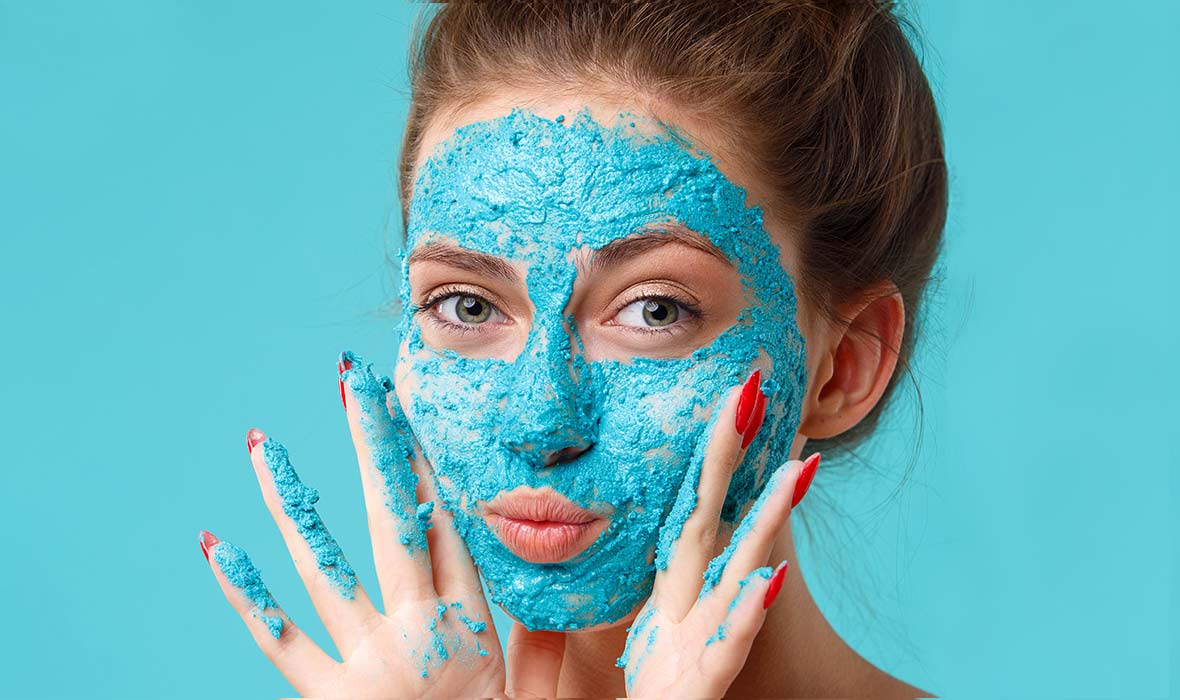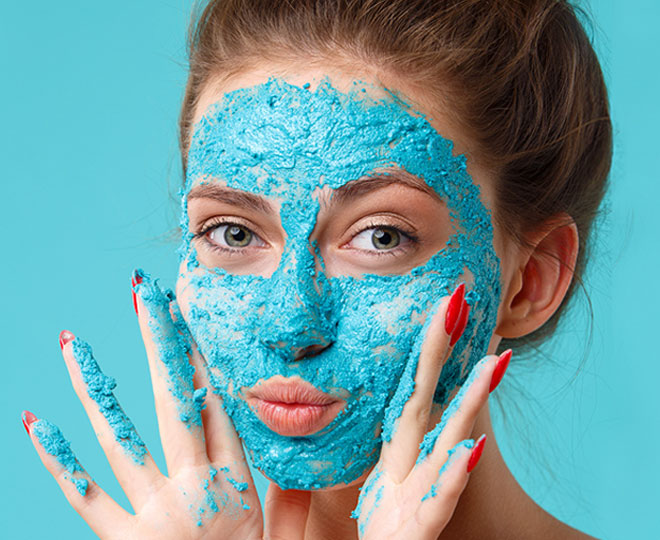Exfoliation – you may be familiar with it, yet not fully understand why it’s such a crucial step in your routine. Exfoliating your skin just a few times a week helps remove dead skin from the face and can help protect your pores from potential clogs that lead to breakouts.
While exfoliation is an important step, it works differently for everyone. Your skin type will help determine which exfoliation method is right for you – some methods can be too abrasive for delicate skin types.
Ahead, we dive deep into what exfoliation is, how often you should do it, and if mechanical or chemical exfoliants are right for your skin type.
So what is exfoliation?
There are two types of exfoliation you should be aware of. The first method is mechanical exfoliation, which requires the use of a brush or sponge. The second method of exfoliation is chemical exfoliation, which employs peeling agents such as alpha hydroxy acid (AHA) and beta hydroxy acid (BHA).
Please note that while exfoliation is an important step inside any skincare routine, aggressively exfoliating, or exfoliating too often, can cause irritation to the skin.
Exfoliation and skin types
How you exfoliate your skin greatly depends on your skin type. We’ll break down how each skin type — dry, sensitive, normal, combination, oily, and acne-prone — should go about exfoliating, and what kind of tools or products can be helpful.
Dry and sensitive skin
Because people with dry and sensitive skin are prone to redness and irritation, it's important for these skin types to approach exfoliation with caution. Gentler forms of exfoliation, like using a washcloth to cleanse the face or using a mild chemical exfoliant is a good place to start.
The Skin Smoothing Exfoliator in the Proactiv®+ Acne Treatment System is formulated with sensitive skin in mind and engineered to be extra gentle as it washes away excess oil and dirt.
People with normal or combination skin may be able to tolerate exfoliation better than others since they are less prone to sensitivity. The Revitalizing Toner in the Proactiv® Solution Acne Treatment System uses glycolic acid, an AHA, to gently remove dead skin cells, and is perfect for combination skin.
Acne and oily-prone skin may be able to tolerate stronger chemical exfoliants that use peeling agents to shed dead skin. However, keep in mind that chemical exfoliants can dry out the skin, so always use a moisturizer afterwards to replenish your skin with moisture.
Types of exfoliation
To better explain how to get rid of dead skin on the face, we will break down the two types of exfoliants further.
The first method is chemical exfoliation. Unlike mechanical exfoliation, chemical exfoliation utilizes peeling agents such as AHA and BHA to shed the outer layer of the skin.
In addition to exfoliation, both alpha and beta hydroxy acids have additional beauty benefits such as improving uneven skin tone and texture.
Next, there’s mechanical exfoliation. This type of exfoliation is done with the help of an exfoliating tool such as a brush or sponge. Thicker skin and oily skin types usually handle mechanical exfoliation best.
Frequently asked questions
Got more questions about dead skin cells? We’ll tackle the two most frequently asked questions below.
Much like a snake, we shed dead skin cells naturally on our own. To be more specific, each day we may lose thousands of skin cells. While this may sound alarming, it’s quite normal. Once skin cells become old, they flake off to make room for new skin cells to rise to the surface. Dead skin cells naturally die off on their own and can build up and stick to your face if you aren’t careful.
Usually build up on the face is caused by the lack of proper cleansing, using the wrong moisturizer for your skin type, or simply not exfoliating. Skin is the largest organ on the human body, and it’s very important to keep it clean.
Conclusion
Removing dead skin cells from the face through exfoliation can help keep your skin free of dullness and dryness, but it’s important to consider your skin type first. When in doubt, consult your dermatologist for a recommendation.






